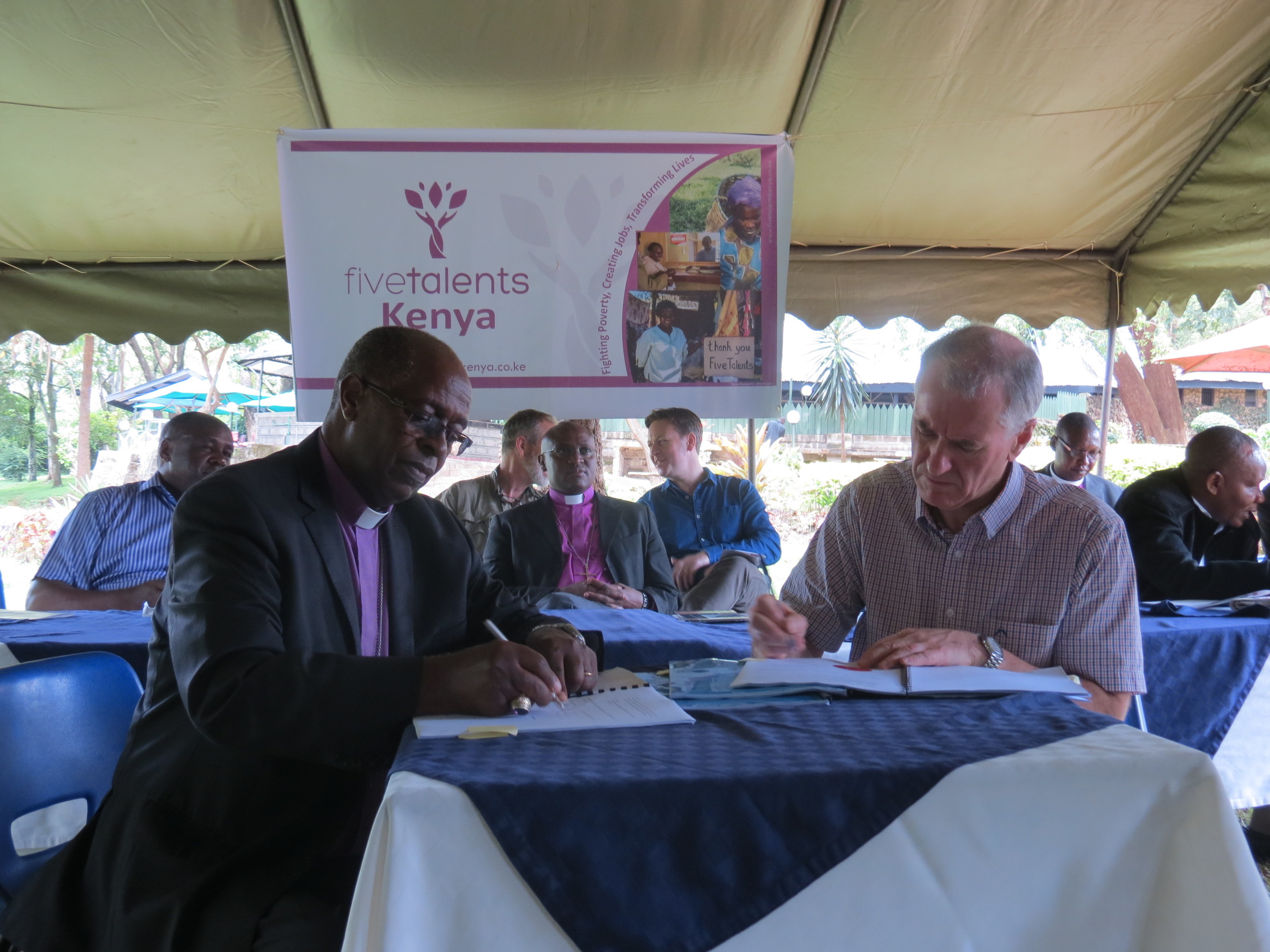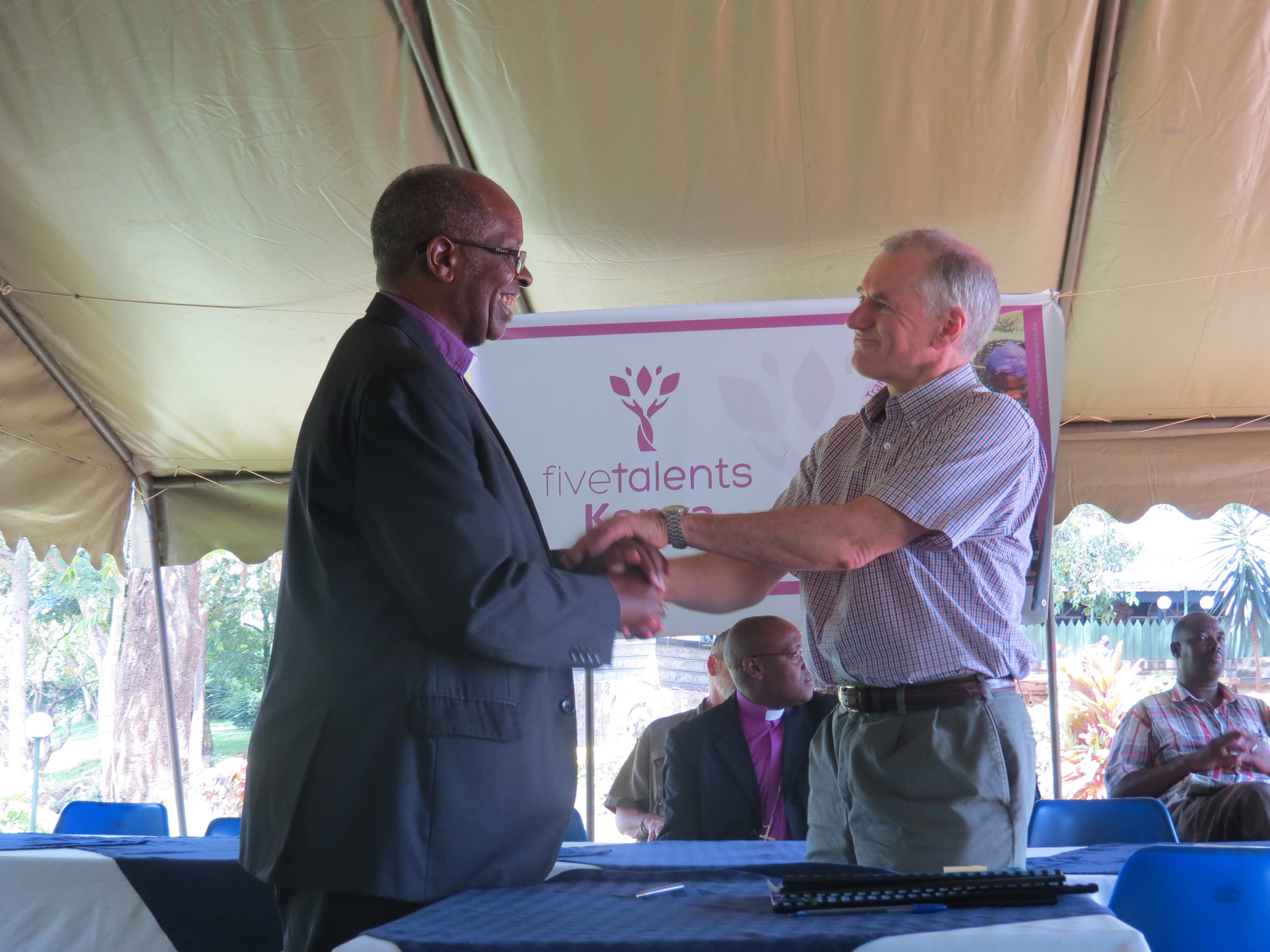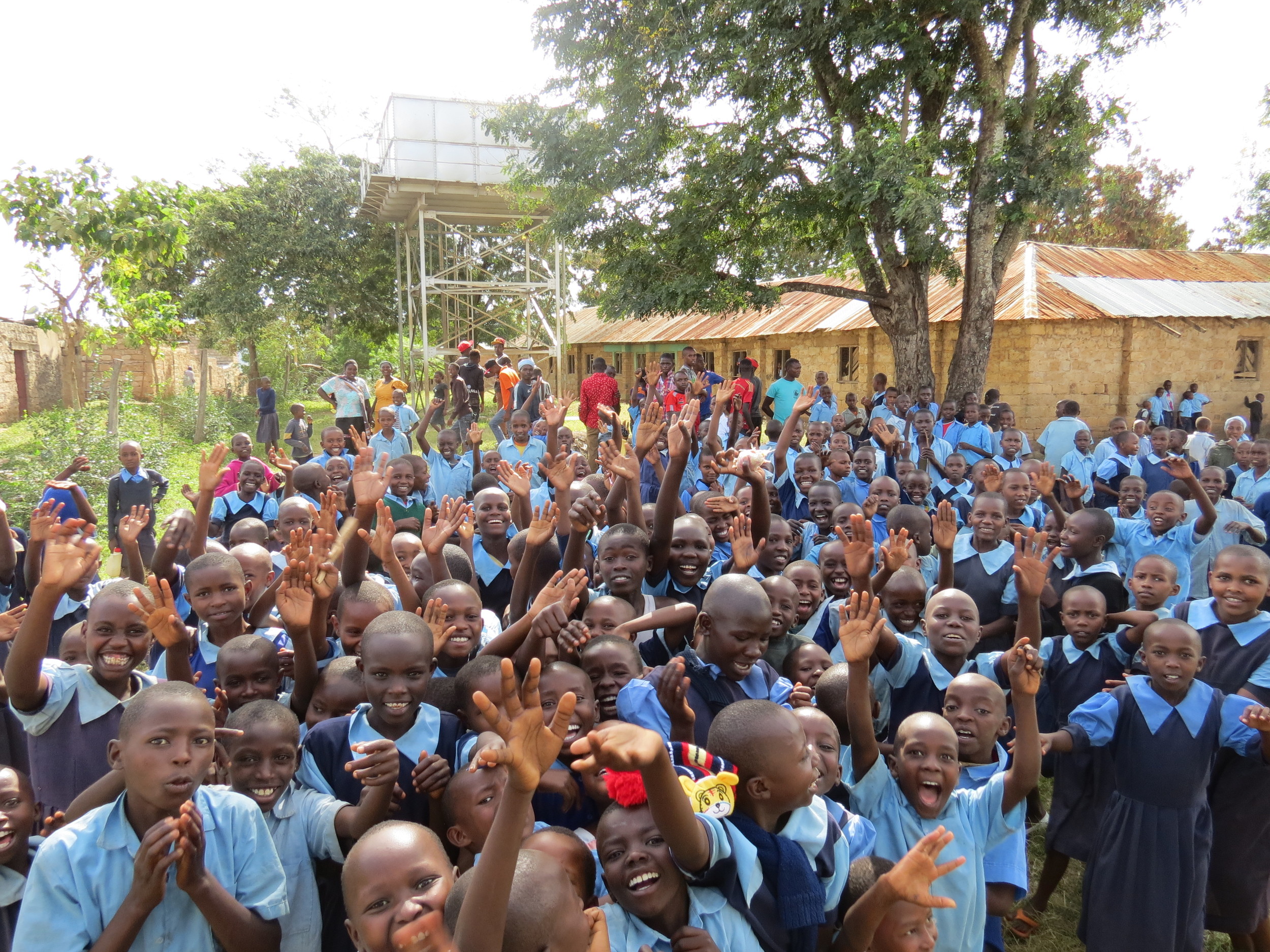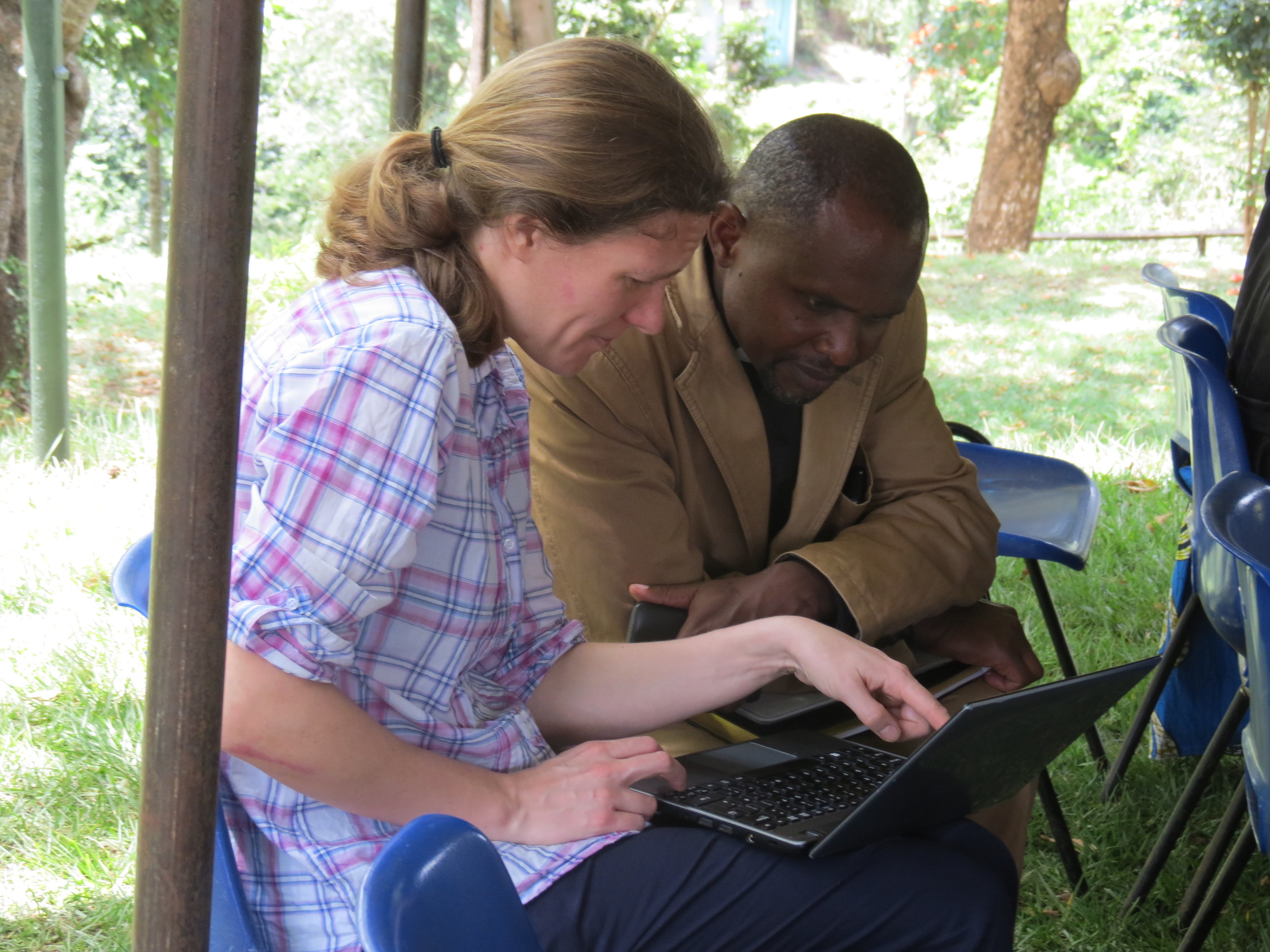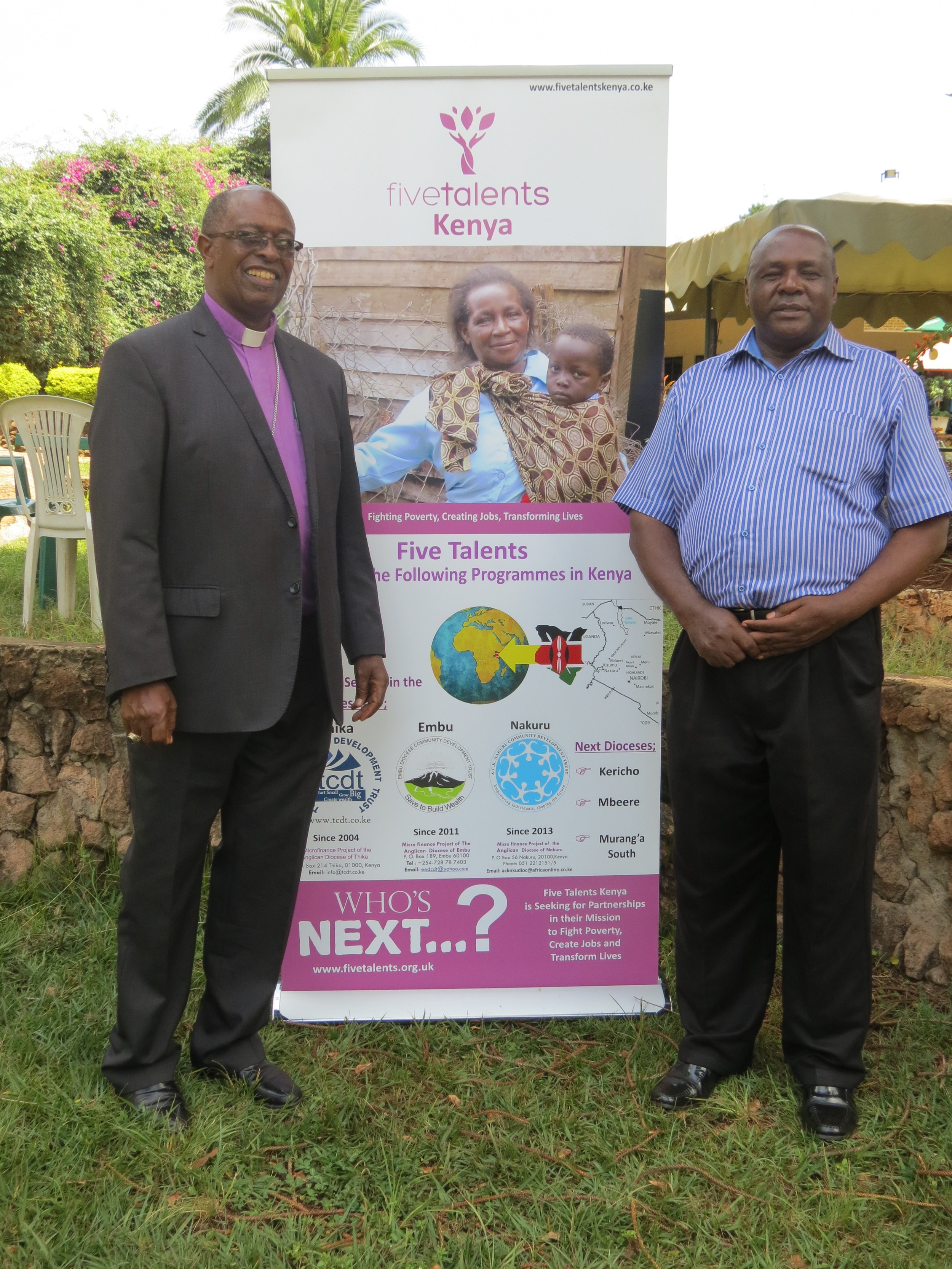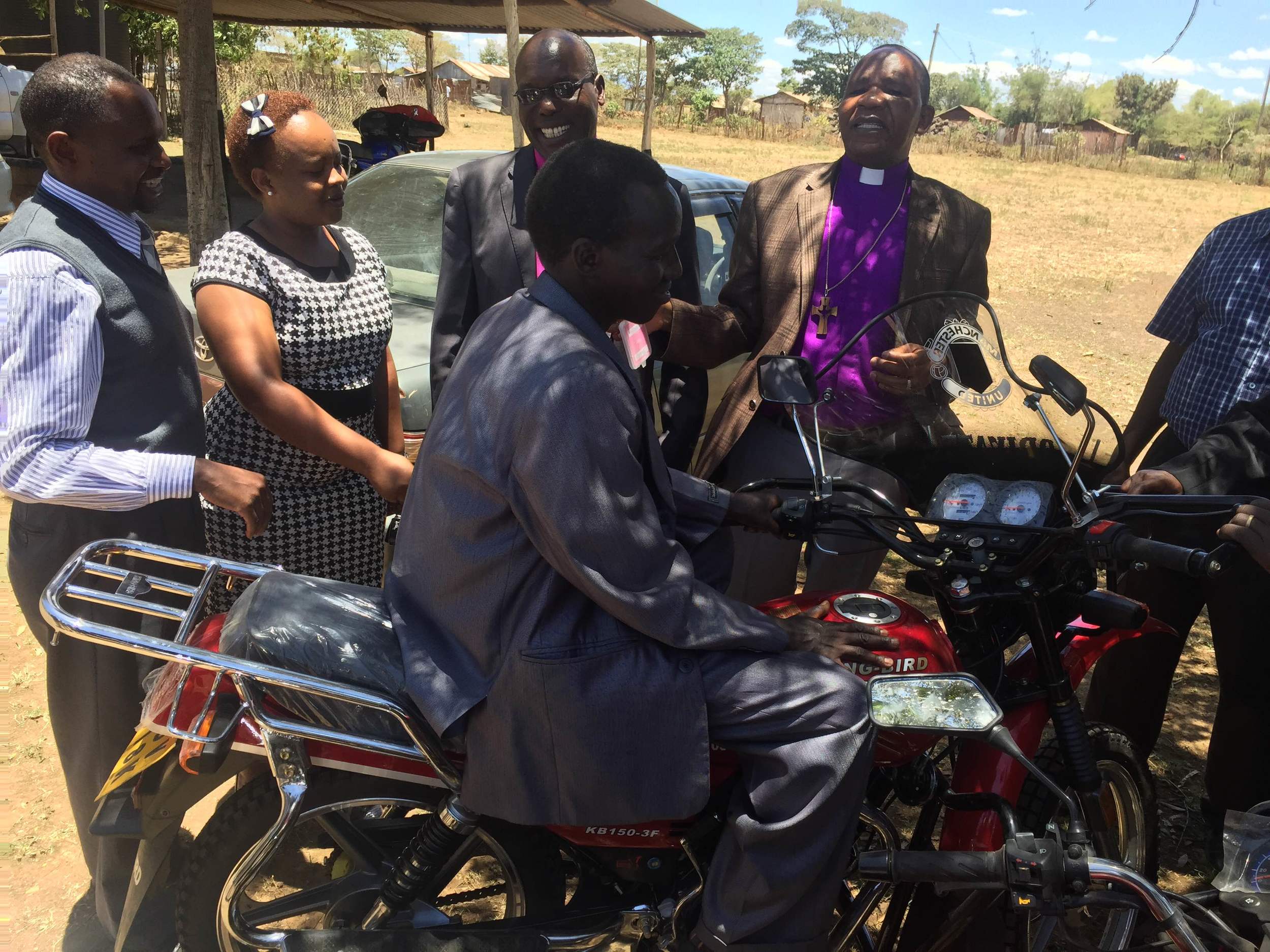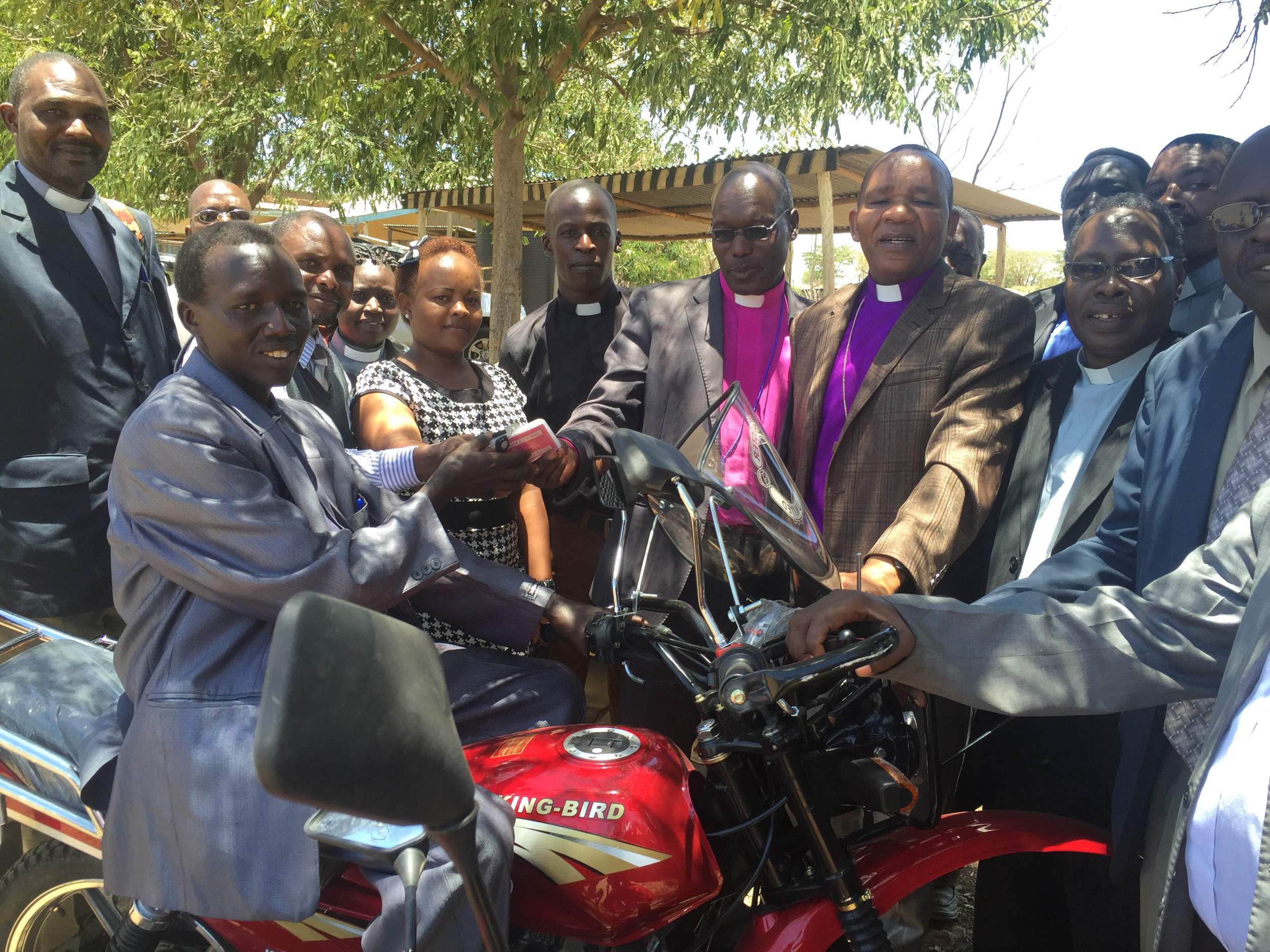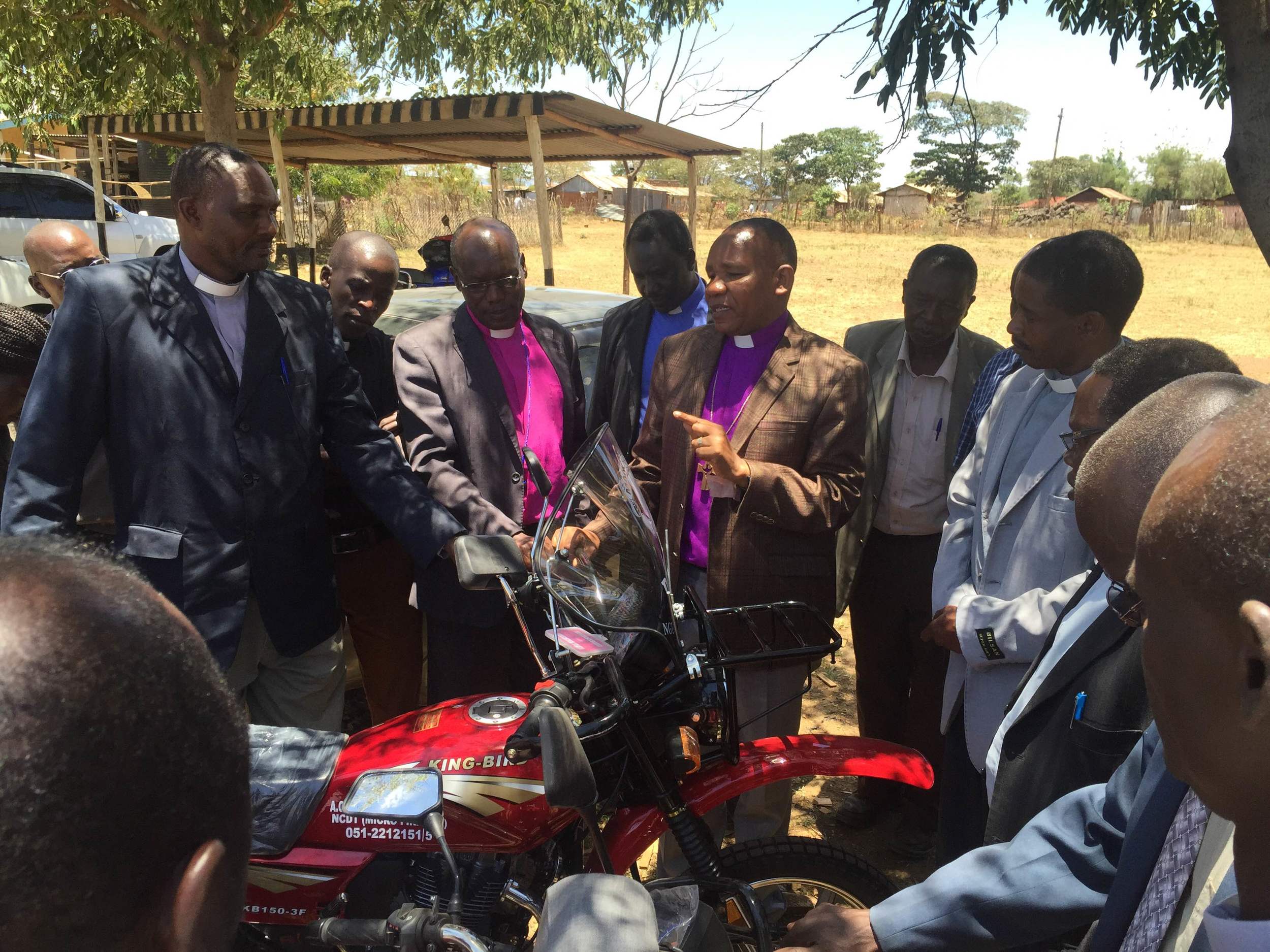During 2015, Burundi witnessed boycotted presidential elections, violent protests, and an attempted military coup.After the announcement by Pierre Nkurunziza that he would run for a controversial third term, gunfire and grenade attacks by armed groups continued to occur frequently.
Throughout this period, while embassies were withdrawing personnel and the tourism industry was plummeting, Five Talents USA stood with the local community. During 2015, we added 150 new savings groups, and reached over 25,000 members and 100,000 beneficiaries with a savings safety net.
Changing Times For A Nomadic Tribe
The Batwa are an ancient people who inhabited the forests around the great lakes of equatorial Africa. A semi-nomadic pygmy tribe, in many ways they are the guardians of the forests, known for their great skill in hunting and dancing. For over four thousand years they lived in trees and caves, gathering honey, leaves, and fruits of the forest and hunting with poison tipped arrows.
Over just the past fifty years, the Batwa have been evicted from the forests of Uganda, Rwanda, and Burundi. They've been displaced in mass in order to support the creation of national parks and the establishment of tea plantations and other farms. As an ethnic minority, life outside the forest has been hard. Batwa were discriminated against by other tribes and denied access to education and basic government services. During the Rwandan genocide, up to 30% of the Batwa were killed by the Interhamwe.
Batwa families lacked economic or agricultural skills and many succumbed to starvation or disease. Most became destitute. Many died. Others became beggars or hired themselves out as day laborers. In some areas, women began to sell traditional clay cooking pots to survive. As a result, pottery became a key symbol of modern Batwa identity.
Working with local church partners, Five Talents US has made an intentional effort to reach Batwa families and to help them integrate into the local church and community. Financial inclusion and peace-building are especially important for Five Talents US programs in Burundi.
Petronie's story
Petronie (pictured) is a mother of six children and a member of the Batwa in Burundi.
"Since I am from a marginalised ethnic group", she says, "I was isolated and discriminated in the community... My life was very bad because it was very difficult to be with other persons, either Hutu or Tutsi. We were obliged to remain only with Batwa."
Petronie says she was especially discriminated against because her family had "no means to wear clean clothes or buy sufficient food." Like many Batwa, they were forced to rely on begging. Alongside her husband, Petronie began to gather clay from a local marsh and make cooking pots. They hoped that the pottery business would provide a sufficient income to support their family. Petronie had few clients, however, and their income was never enough. Most people "no longer use traditional cooking pots made out of clay", she explains.
One day, Petronie received an unexpected invitation to join other low-income entrepreneurs from her community in a Five Talents US savings group. With some apprehension she accepted and began meeting on a weekly basis at a local church with women and men from other tribes who welcomed her. They shared their stories and learned business skills. Group members pooled their meager resources to create a savings and loan fund for business development. Today Petronie counts her savings group members as close friends.
The savings group became "an opportunity to welcome everyone in our families. We work together, save money and if one falls sick, we assist one another by providing food, working in her gardens and contribute to the medical bills... Today we know each other and we are united in Jesus name and we work together", Petronie says.
Before joining the program her main aim was to provide food and clothes for her children. Now Petronie has learned to save and plan for the future. With the help of small loans from her group, Petronie and her husband developed a business raising pigs and goats. They buy and sell livestock and use the profits to take their children to school and provide for their household needs. In the future, Petronie has plans to buy land and begin using modern farming techniques to increase production. She also intends to buy dairy cows and is saving to build a permanent home for her family.
Petronie says that members of the Batwa community were "very surprised" when she joined a group with Hutu and Tutsi. Now Petronie has become a respected leader in her community and has helped other Batwa join mixed savings groups.
"Since I joined the program, we do income generating activities together with other community members from different ethnic groups."
Petronie has grown spiritually and is often in the church. She enjoys her freedom and can now "live together peacefully with Bahutu and Batutsi. The [program] has helped me to become leader in the community. . .Yes, a great transformation took place in my life."






